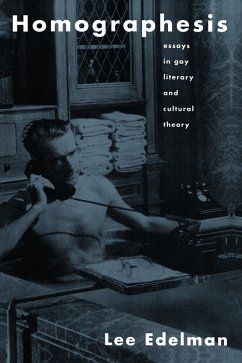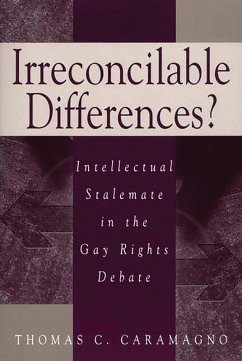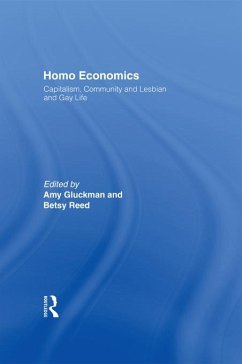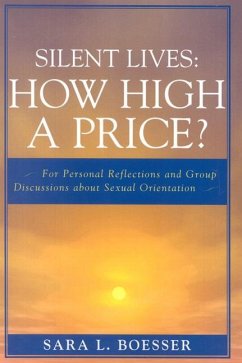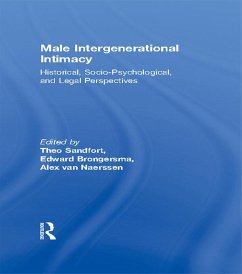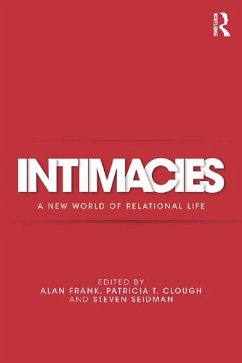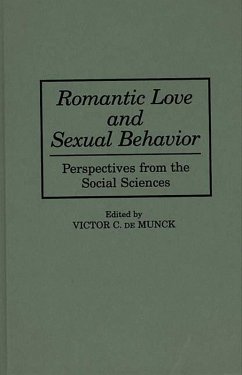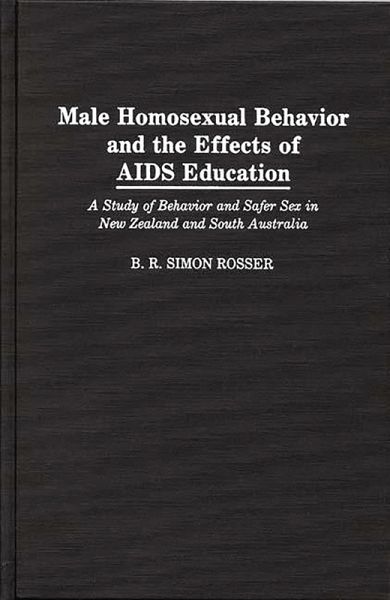
Male Homosexual Behavior and the Effects of AIDS Education (eBook, PDF)
A Study of Behavior and Safer Sex in New Zealand and South Australia
Versandkostenfrei!
Sofort per Download lieferbar
58,95 €
inkl. MwSt.
Weitere Ausgaben:

PAYBACK Punkte
29 °P sammeln!
Since the AIDS epidemic was recognized, information on safer sex has been assumed to be the most crucial means of preventing further spread of the disease. But how well has AIDS education worked? What kinds of education work best and for whom? This study is the first to provide an in-depth analysis of the results of AIDS education programs and to explore the psychosocial factors that affect behavioral responses to education. B. R. Simon Rosser provides a detailed profile of a specific population at risk, including factors such as sexual behavior, psychology, religious affiliation, legal status...
Since the AIDS epidemic was recognized, information on safer sex has been assumed to be the most crucial means of preventing further spread of the disease. But how well has AIDS education worked? What kinds of education work best and for whom? This study is the first to provide an in-depth analysis of the results of AIDS education programs and to explore the psychosocial factors that affect behavioral responses to education. B. R. Simon Rosser provides a detailed profile of a specific population at risk, including factors such as sexual behavior, psychology, religious affiliation, legal status, and discrimination. Using comparative measures of behavior, personality, social status, attitudes, and risk-taking, he identifies important differences between homosexual men who engage in safer sex and those who do not. Finally, he evaluates the impact of different approaches to AIDS education. Examining both positive and negative effects, Rosser shows that the spread of the HIV virus was actually accelerated by a national education campaign utilizing fear, and contrasts this result with four international gay-sensitive education campaigns that produced positive changes in behavior and lifestyle. He discusses ways in which AIDS education must develop in order to become more effective, together with crucial changes that are needed in both the gay population and the larger community if HIV transmission is to be halted. This study is a valuable resource for education and research in AIDS prevention, sexual behavior, psychovenereology, education, health, and related disciplines.




